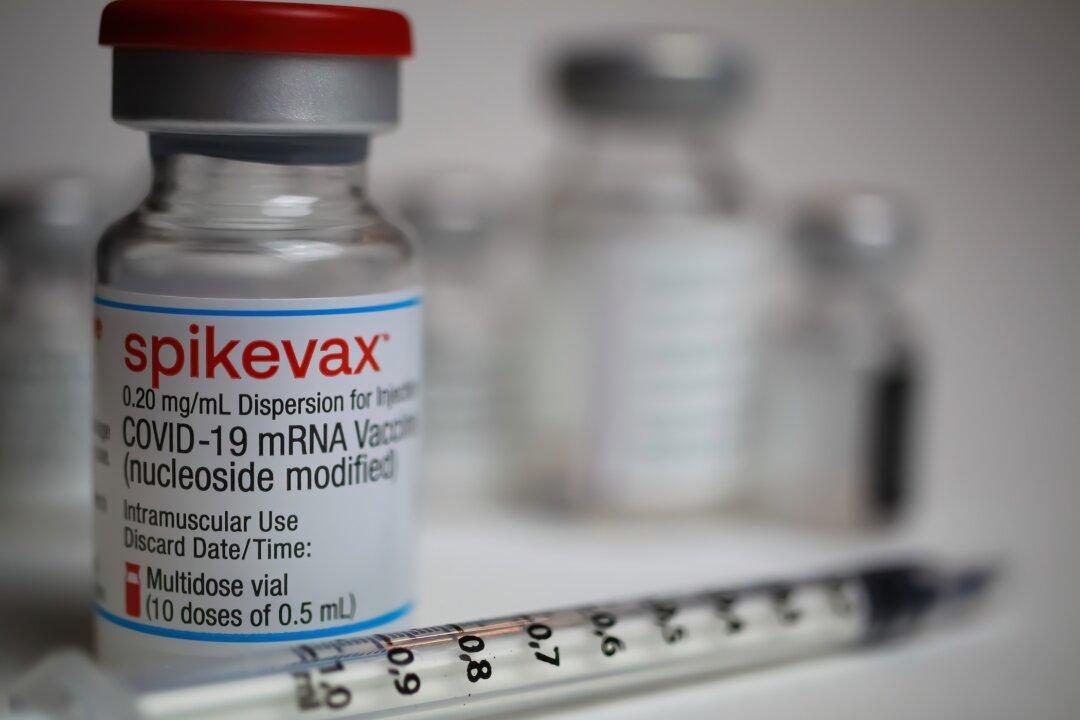In a blow to Moderna’s COVID-19 vaccine patent war against Arbutus Biopharma, a federal judge on April 3 adopted the latter’s interpretation of key technical terms in the disputed patents.
Arbutus sued Moderna in February 2022, seeking damages tied to patents that Moderna allegedly infringed with the production and sale of its Spikevax vaccine. Spikevax is a messenger RNA, or mRNA vaccine, meaning that it carries mRNA molecules that can instruct the body’s cells to produce a protein from the COVID-19 virus to trigger an immune response.





